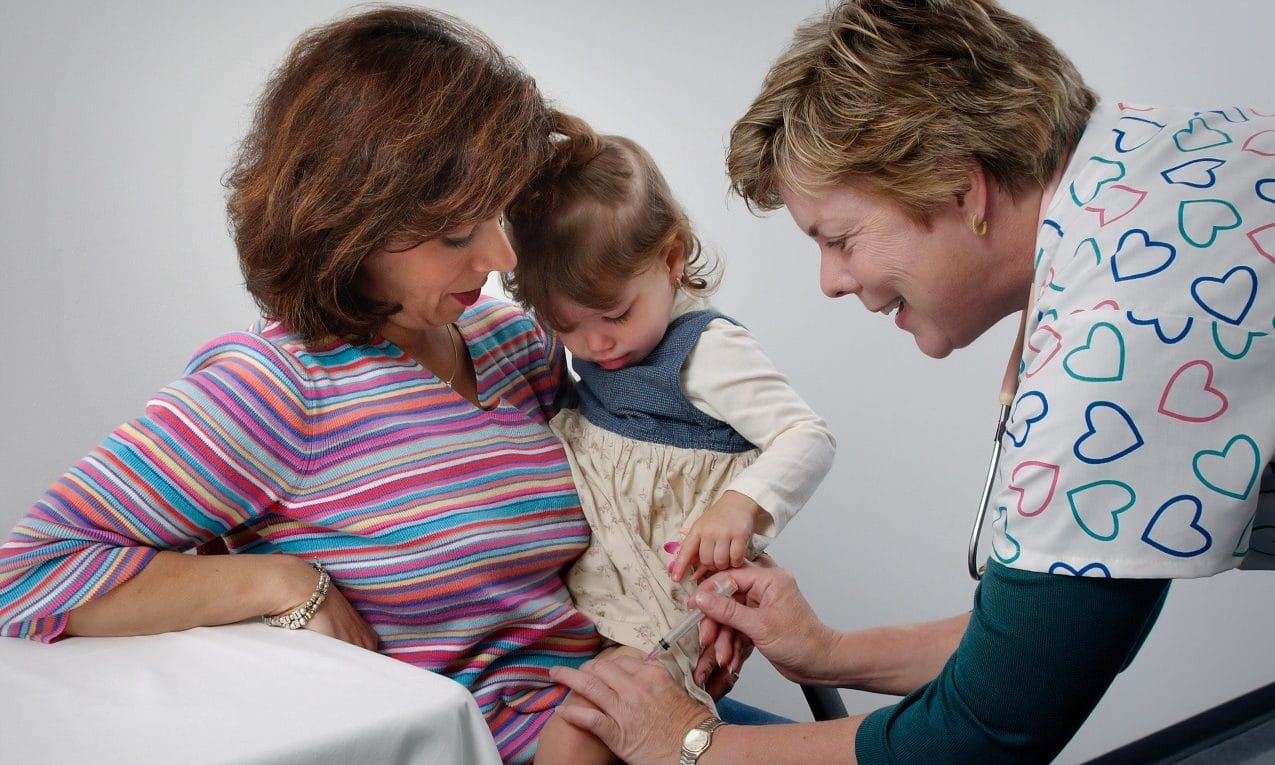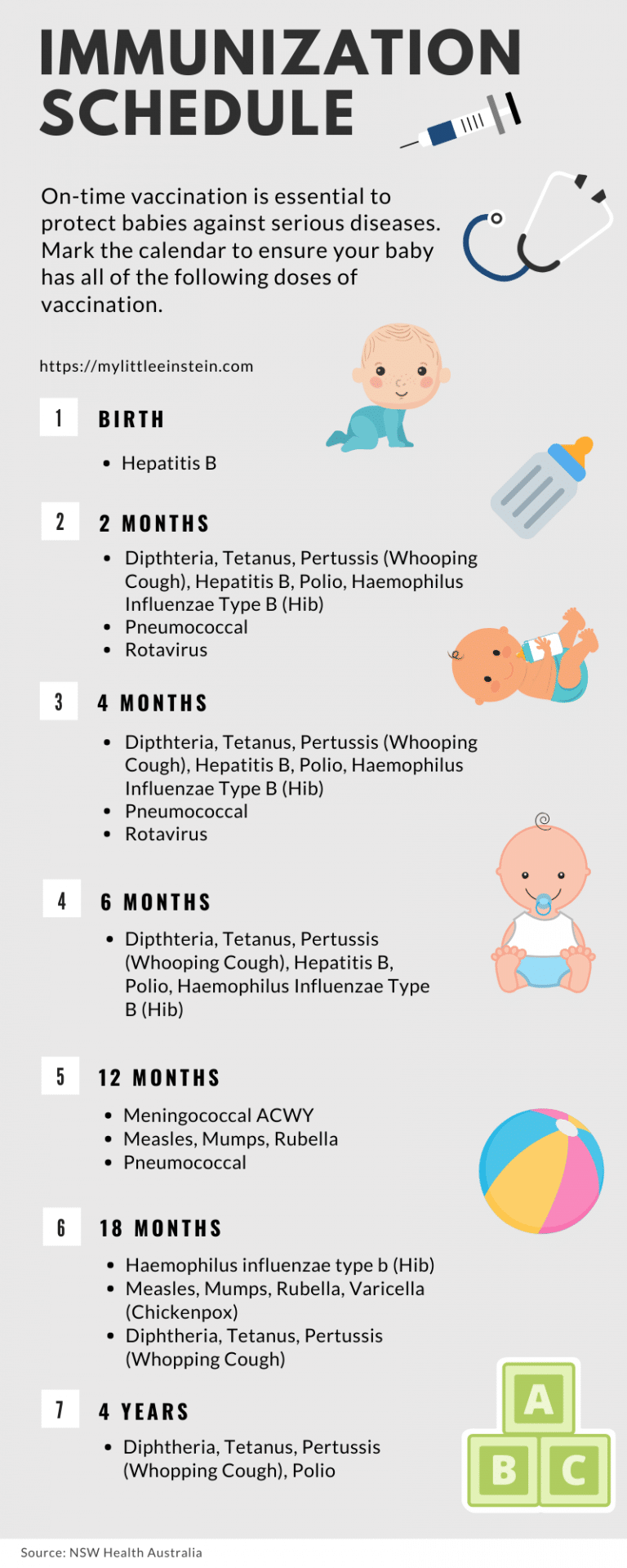Why are Parents Unsure About Vaccinating Their Kids?
Related posts:
Being a DAD
Funny Parenting Stories - Every Parents Can Relate To
Breastfeeding vs Formula Feeding: It's Your Choice
Parent's Role In Educating Kids About Climate Change
Parenting 101 - What It's Like Raising a Newborn Baby
Race for Finding Cure for Coronavirus - Significant Breakthroughs So Far
Top 10+ Free Parenting Books on Kindle
How To Have a Good School Year? 10 Simple Tips
Potty Training For Toddlers - Start Early With Best Seats
Unique, Cute & Popular Baby Names for Boys and Girls



